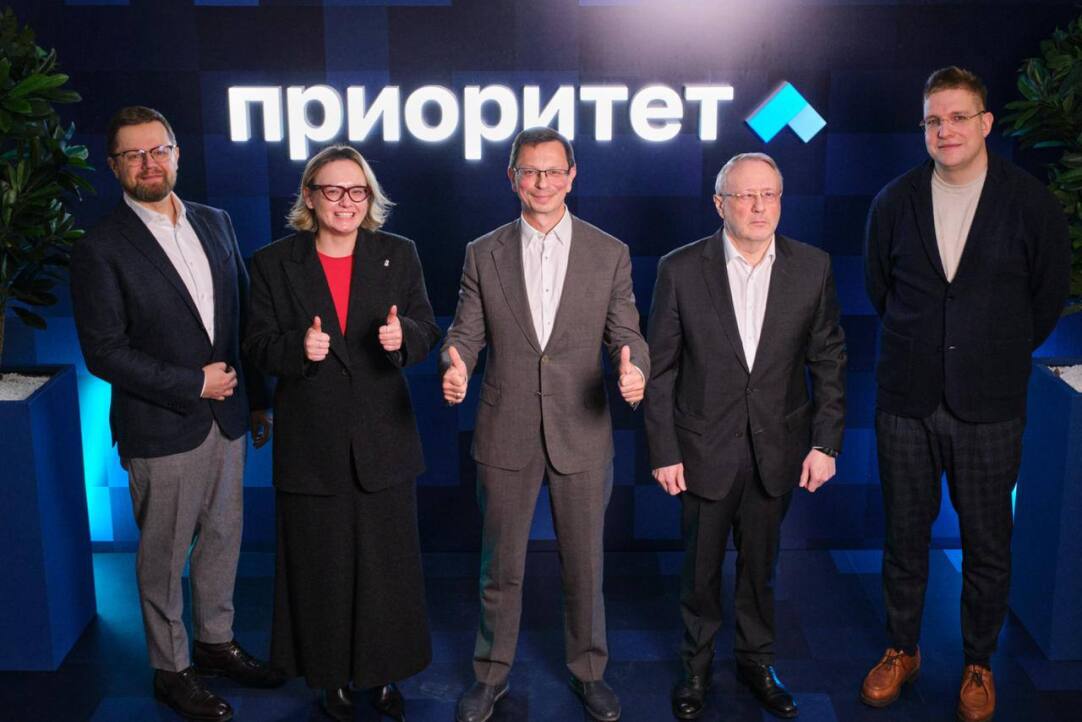The HSE University Moscow Tikhonov Institute of Electronics and Mathematics (MIEM) has established a new Department of Cybersecurity. This move consolidates MIEM’s educational, scientific, and expert resources in information and computer security, expands its portfolio of educational programmes, strengthens partnerships with industry leaders, and enhances HSE’s position as a leading centre of cybersecurity competence.




















